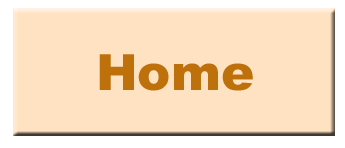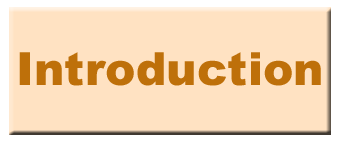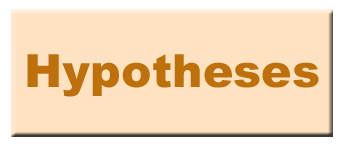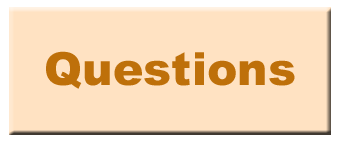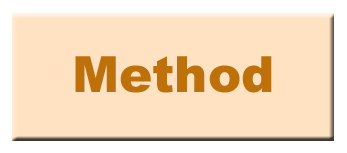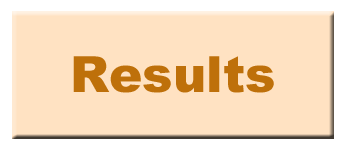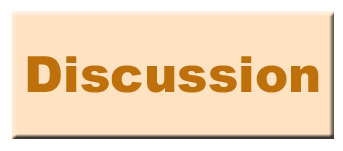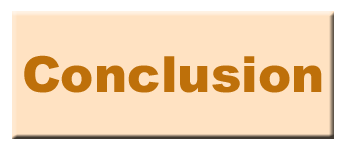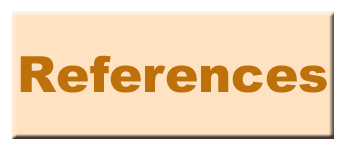Background
Previous literature has reported a number of factors including demographics, financial ability, lifestyle, and social relationships that influence students' textbook purchase preferences and habits. Prior research discussed in this section can support or have significant relationships to many of the survey items regarding motivation, textbook sellbacks, gender, GPA, and academic standing status in the current research project.
In the article, Web vs. Campus Store? Why Students Buy Textbooks Online, Foucault and Scheufele discovered a growing trend in online textbook retailers and reported that students who used or were familiar with various online retailers purchased and will continue to buy textbooks from online databases (2002). The study collected 156 surveys assessing the attitudes of college students towards various textbook purchasing options and their motivations for purchasing books online. The data also showed positive relationships among online textbook shopping and quality of service. Students perceived online textbook shopping as more convenient and 'less of a hassle' than traditional campus bookstore experiences. Additionally, the study reported that social interactions with friends and professors in 'internet-supportive environment' had a significant impact online shopping especially in the textbook market (Foucault and Scheufele, 2002). In an environment where internet is readily accessible by students in dormitory, a campus computer lab, or in wireless classroom, students are more inclined to make online purchases, especially books, when they observe peers utilizing similar technology to access online resources to purchase items. In addition, researchers claim students, who are not aware of on-line textbook sites, often learn and adopt online purchasing behaviors through social observance from peers and professors (Foucault and Scheufele, 2002).
Not only has the internet made online textbook consumption more accessible, but the emergence of electronic devices such as the iPad, Kindle, Sony eReaders, serve as other replacements for traditional textbooks. Nowadays, students have adapted to e-reader devices and 87% of students reported that they would rather use eTextbooks in comparison to paper textbooks, if eTextbooks and e-readers were learning and reading options (Weisberg, 2011). In the study, Student Attitudes and Behaviors Towards Digital Textbooks, researchers noted the differentiating factors between electronic e-readers and traditional textbooks. Data reported that students were interested in e-readers because the devices provided greater convenience, were less expensive, and e-readers were more popular among the 'Y' generation (Weisberg, 2011). On the other hand, students did prefer traditional textbooks because they increased concentration and comprehension, as paper textbooks were less prone to distractions.
In the study, Why College Students Sell Back Their Textbooks, researchers found students were more likely to sell books from elective courses back to the bookstore (Barbara, Louis, & Ronald, 2011). Major-related textbooks accounted for a 23% decline in sellback sales because major related books were perceived as 'valuable' and elective textbooks were perceived as 'useless' after the completed semester. Additionally, male students were less likely to sell books back to the bookstore in comparison to female students. Another significant finding is that final grades influenced students' decisions to sell back books; the higher the grade a student received in class, the more likely the student attempted to sell back the textbook (Barbara, Louis, & Ronald, 2011).
In regards to internet and technology usage among gender, males tend to be more technology savvy and use computers more frequently than females (Yang & Lester, 2004). In the study, Sex Differences in Purchasing Textbooks Online, research noted females generally use computers or the internet for academic purposes and males use the internet for leisure activities including surfing the web, making purchases, playing games, and listening to music (cited by Odell et al., 2000 in Yang & Lester, 2004). In a series of four studies analyzed by Yang and Lester (2004), students were administered a survey or answered questions pertaining to their computer and internet usage and online textbook purchases. Although females demonstrated fewer internet and computer usage and skill than males according to the survey responses, there were no significant findings in the relationship between computer and internet usage and online textbook purchase between genders. According to Yang and Lester (2004), male and female students reported similar habits and trends when researching and purchasing textbooks from online resources.

